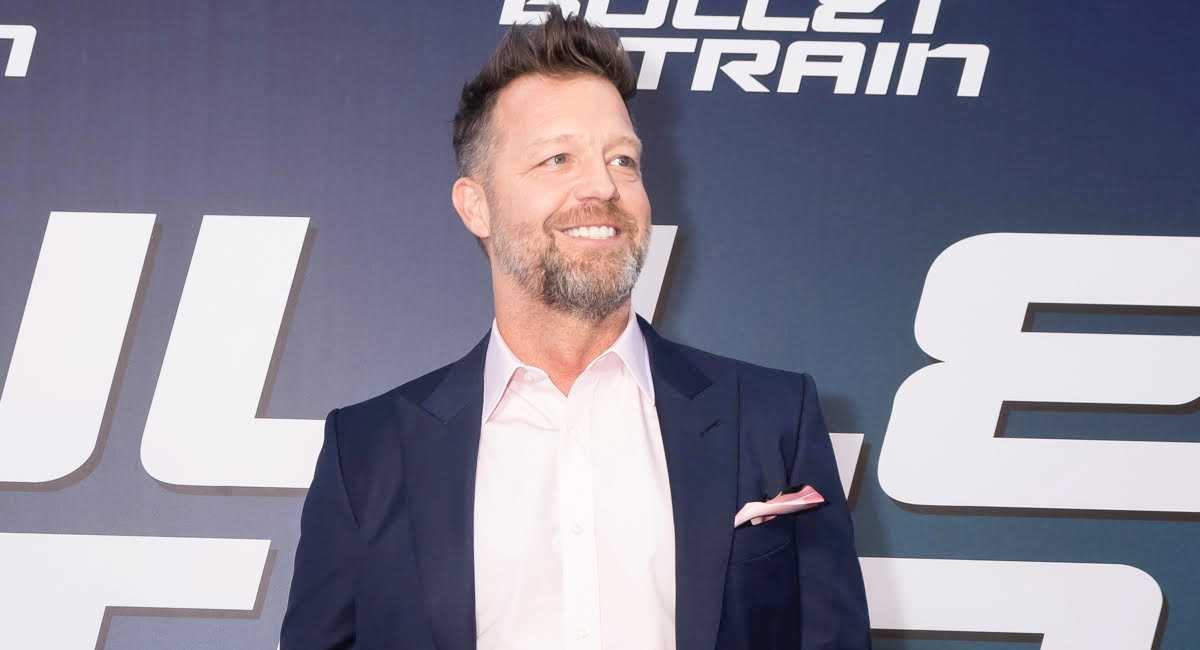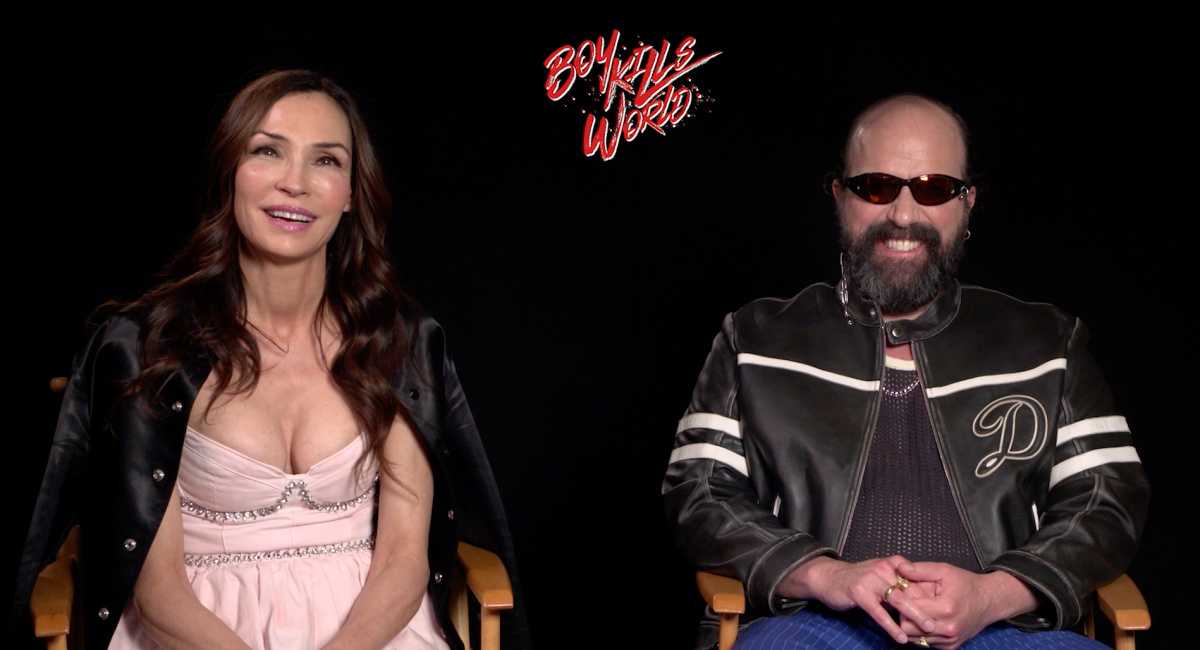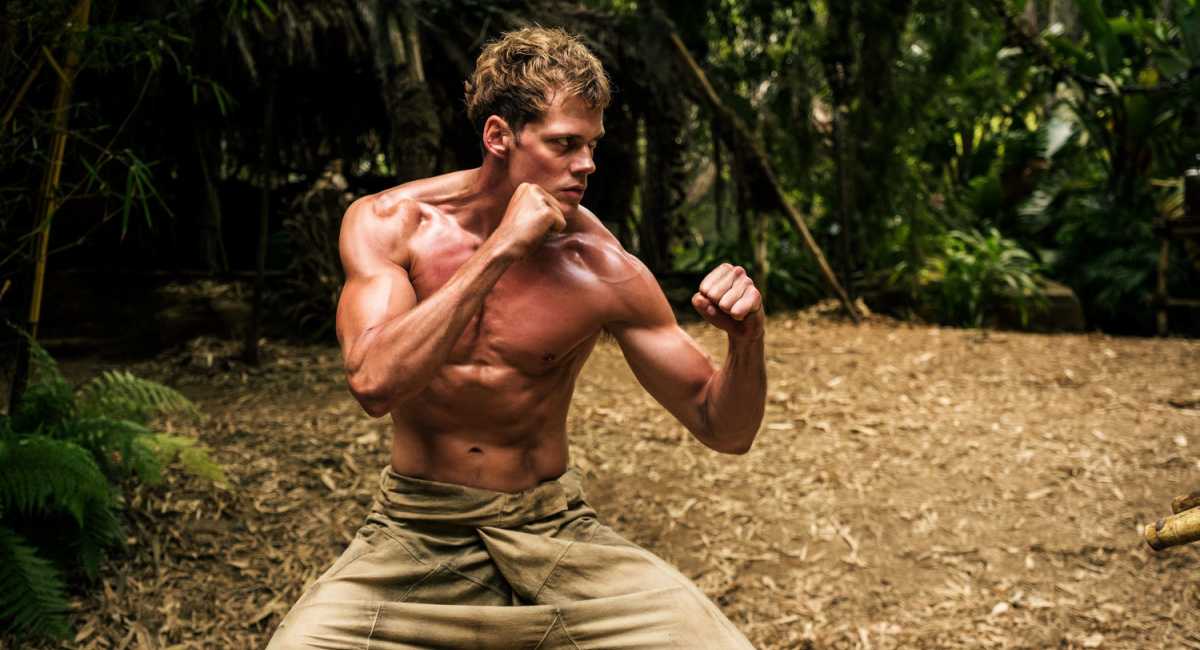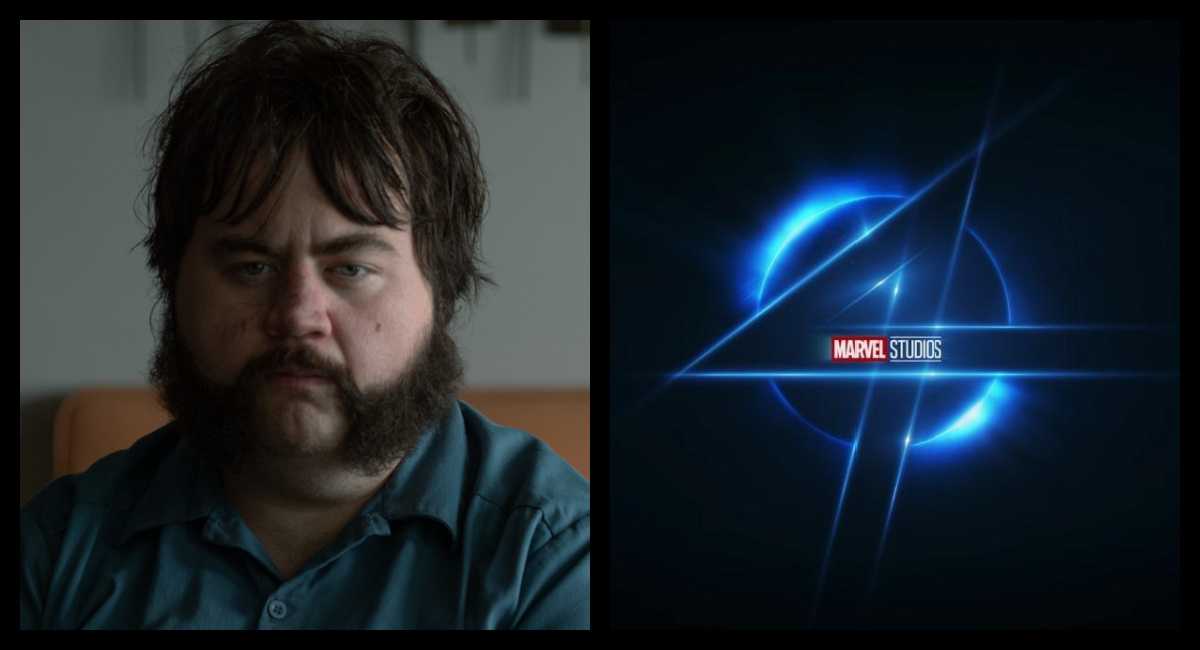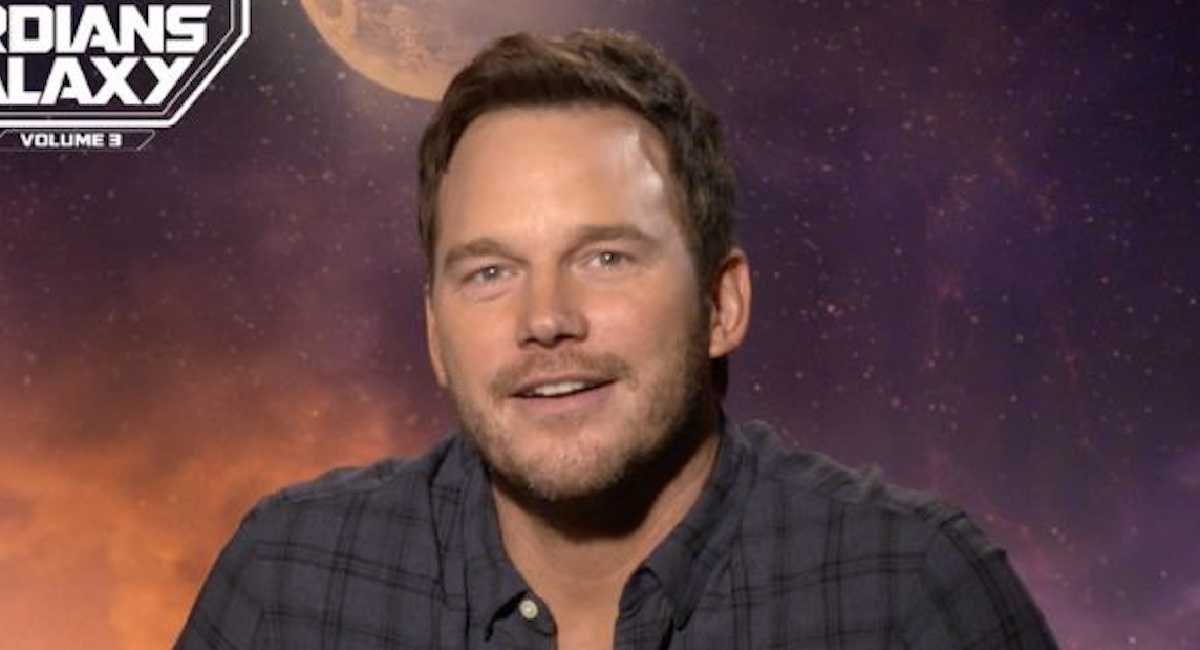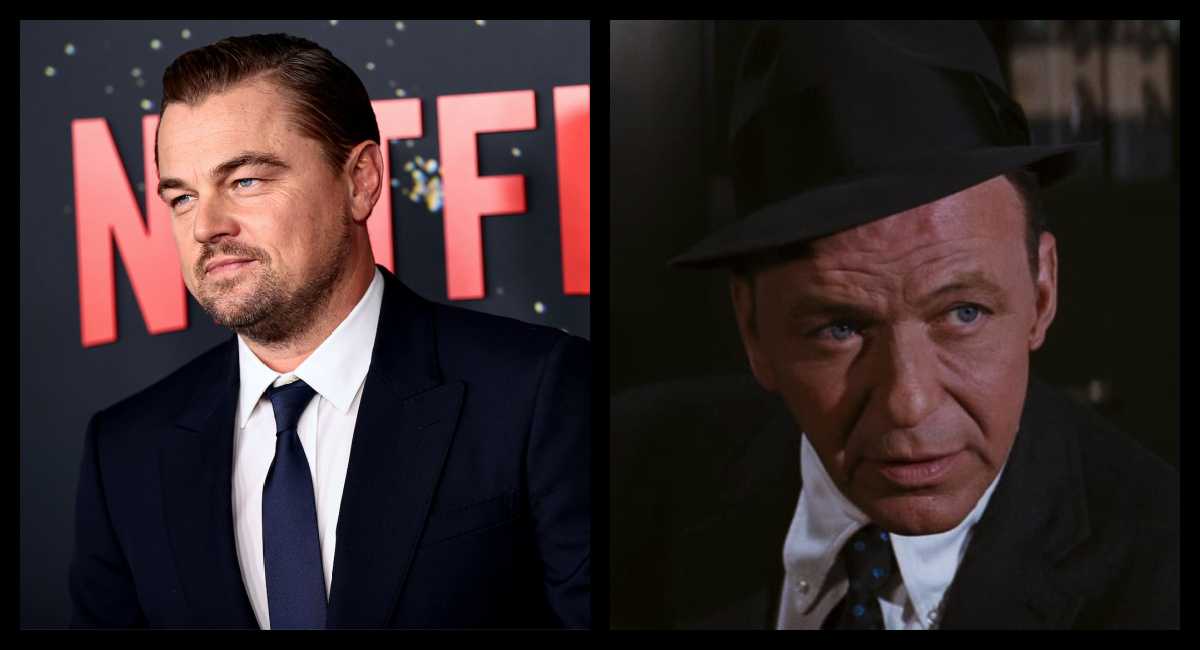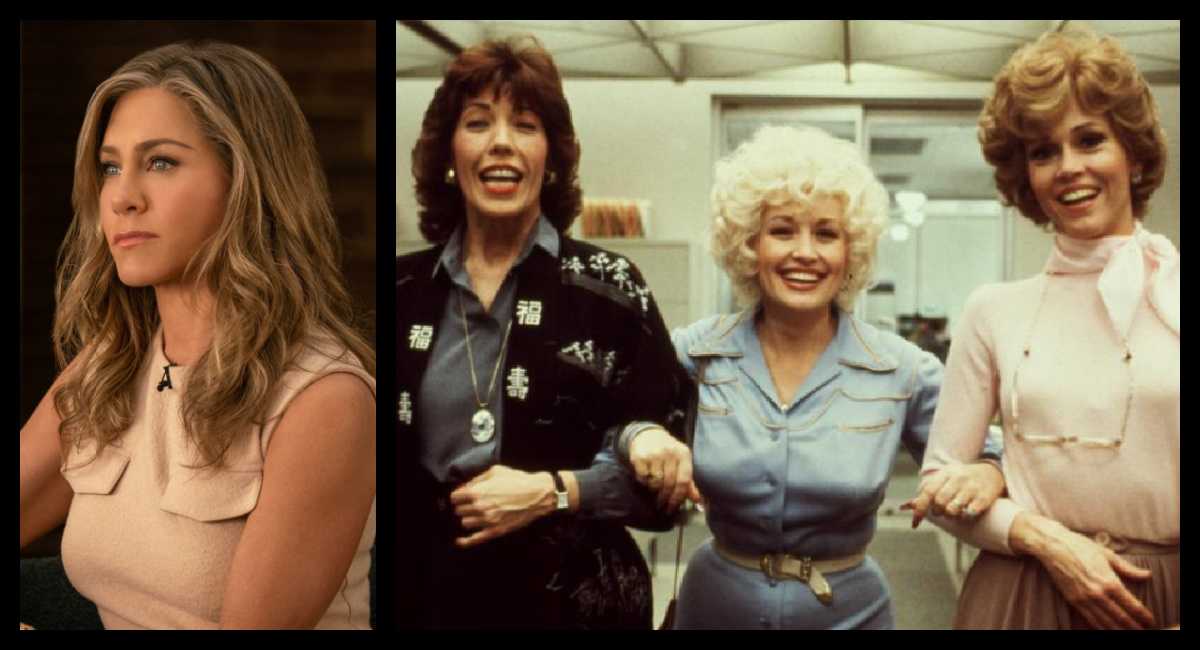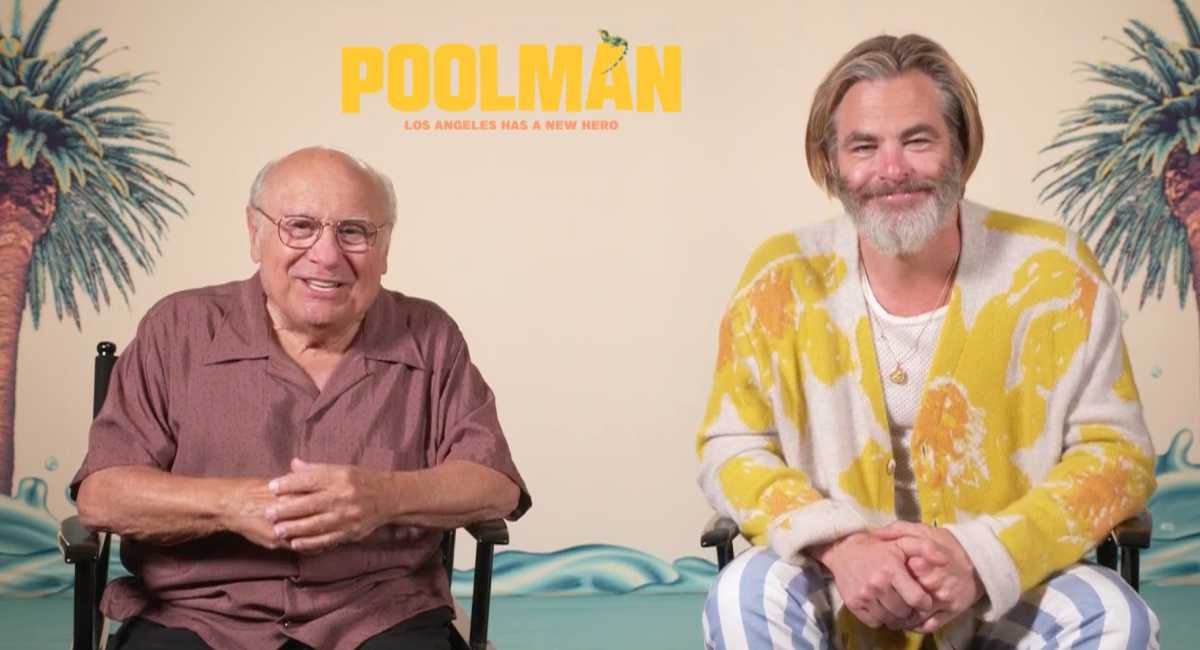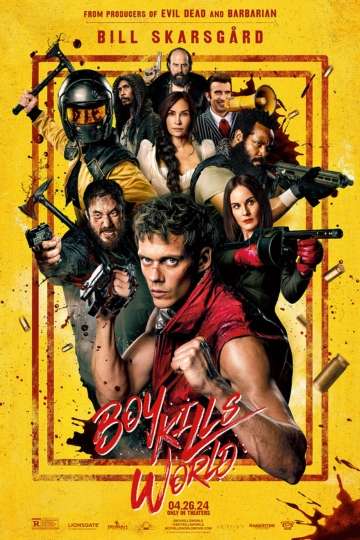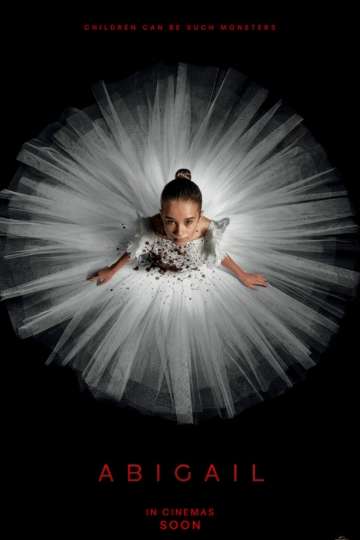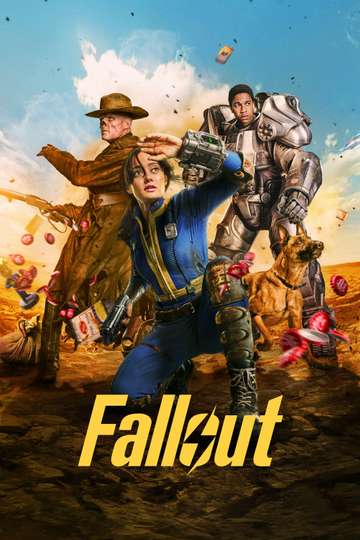'O.J.: Made in America': The O.J. Simpson Saga Is Still Riveting Television
O.J. Simpson would suddenly re-emerge -- arguably now in his third cycle -- as one of the preeminent, and perpetually relevant, figures in television history.
Yet here we are, with -- this time around -- irrefutable evidence. First it was compellingly dramatized, and now it's been exquisitely documented in "O.J.: Made in America."
As I was pondering how I could kick off this debut television column for Moviefone, just as fresh episodes of many of the most popular series of the moment have gone or are about to go on hiatus, I got my first glimpse at this powerful, impressive, and affecting documentary that prompted me to consider just how crucial TV was, and has been, and very likely will be in the perceptions we have about O.J. Simpson.
Given that during my initial days living in Los Angeles I actually witnessed the white Bronco chase with my own eyes, it felt like an appropriate place to start. Because, as we're learning as its retold today, the Simpson saga is as riveting and enlightening as ever.
Earlier this year, the case for the NFL Hall of Famer's significance in both pop cultural, criminal justice, and even racial terms was made with FX's masterful seasonal anthology "The People v. O.J. Simpson: American Crime Story," in which Ryan Murphy, Scott Alexander, Larry Karaszewski, and their miraculous assembly of acting talent dramatized the highs and lows of the most sensational murder trial of the 1990s, if not the 20th Century.
Perhaps most remarkably, this was achieved with Simpson and the issue of his guilt or innocence in the murder of his ex-wife Nicole Brown Simpson serving as a more enigmatic, less definitively rendered aspect of the story, in stark contrast to the vividly drawn character and conflict-rich circumstances that surrounded him (even the victims never makes on-camera appearances in life).
Now, from an even more unexpected source, we have the most vivid, thoughtful, and comprehensively rendered examination of Simpson -- the man, the athlete, the phenomenon, the celebrity, the abuser, the defendant, the convicted felon -- that's ever been assembled, in the form of ESPN's exhaustive but far from exhausting five-part, seven-plus-hour documentary series "O.J.: Made in America," an outsized offshoot of its consistently excellent "30 For 30" docu-franchise.
Using the expanded canvas provided by the multipart format, writer/director Ezra Edelman -- the award-winning filmmaker best known for sports-themed projects like HBO's "Magic & Bird: A Courtship of Rivals" -- dynamically and pointedly employs over 70 interviews and a never-ending wealth of the footage and photography that amassed as Simpson's life was continually chronicled publicly since his collegiate debut as a running back playing football for USC in 1967.
Edelman creates a portrait of Simpson that's both impressively epic and startling intimate, revealing both the grandeur and shallowness of its ambitious central figure. Further, by devoting as much time depicting specific explosive incidents -- the Watts Riots, the Rodney King beatings, and many more -- fueling the evolution of ever-growing racial tensions in Los Angeles from Simpson's arrival onward (the first "Temple of O.J.," his alma mater's football stadium Memorial Coliseum poetically long stood as a metaphorical and literal dividing line between the city's white and black communities).
By doing so, "O.J.: Made in America" establishes a vital context of the simmering social friction that illuminates the heated race-related issues that both informed and infected the eventual trial -- it reveals how, even during the rise of the civil rights and black pride movements, as nimbly as he dodged tackles on the gridiron, Simpson gracefully sidestepped taking on an active role as a socio-political black-empowerment figure like fellow sports idols Mohammed Ali or Jim Brown, and clung determinedly to an oft-repeated credo devoted solely to his much stronger sense of self-empowerment: "I'm not black, I'm O.J."
What results -- in the initial three hours that I sampled during a screening at the Paley Center for Media in Beverly Hills, attended by many of the figures involved in Simpson's personal and public story -- is a brilliant consideration of just who O.J. Simpson was during his extravagant ascension and his equally epic fall from grace. And a potent side effect of the plethora of unearthed Simpson-centric footage was the dramatic reminder of exactly how larger-than-life, all-pervasive and enduring a public figure the football great was well before he became infamous, thanks largely to the medium of television.
It was television in the '60s and 70s that brought Simpson to the sports-loving masses beyond those fans who filled the stadiums when he played for the USC Trojans, the Buffalo Bills, and the San Francisco Giants. TV coverage of football was evolving and expanding just as Simpson came on the scene, and his staggeringly athletic, near-balletic facility on the field was ready made to be captured with each new technological innovation the networks had to offer; better yet, increasing opportunities for post-game interviews and video profiles revealed the athlete as both handsome and charming, adding a winning personality to his Heisman-winning profile.
It was television in the '70s that made Simpson a star outside of the football field as well: his long-running string of commercials for the rental-car company Hertz, in which he sprinted through airports cheered on by perky white grandmothers and adorable white children, were successful, entertaining and pioneering: he became the first black celebrity used as an ad pitchman aimed at a mass audience, not merely a targeted African-American subset. His commercial work both capitalized on and further built up his then-distinctive cross-racial appeal.
It was television in the '70s and '80s -- and yes, a handful of still memorable films like "Capricorn One" and "The Naked Gun" -- that kept Simpson relevant during a portion of his post-NFL career, wherein his contemporaries usually slid into either obscurity or champion elder statesman roles. Whether it be as a smiling if not especially incisive color commentator and sideline reporter, the occasional star of low-production value TV movies, or a guest celebrity on proto-reality series pageantry like "Circus of the Stars," Simpson remained a constant, almost reassuring presence who never missed an opportunity to reassert his celebrity and likeability: The Juice still had it, and he wasn't going anywhere.
And it was television in the '90s that, during Simpson's grimmer second cycle of on-camera celebrity following the murders of his ex-wife and her friend Ronald Goldman in 1994, reshaped and refined our thinking of the sports idol as his once-deftly hidden secrets and scandals were exposed to the world. The famously riveting Bronco chase along L.A.'s 405 Freeway as he attempted to perhaps elude arrest (or perhaps commit suicide) endures as one of TV's most iconic and memorable true-crime live broadcasts, followed by a string of breaking-news items each more sensational than the last. And, of course, the cameras in the courtroom let us all play armchair prosecutors or D.A.s as Simpson faced the unthinkable accusations against him, making stars of the real-life attorneys and shining harsh lights on the issues of race, celebrity, and justice that emerged.
So here we are, 20 years after the seeming all-pervasive cultural phenomenon that was the Simpson trial (and its post-scripts, in which the exonerated athlete was first forced to pay civil damages to the victims' families, then later convicted of another crime in Las Vegas which he's still serving prison time over). And television is here again, first with the artfully crafted "American Crime Story" and now with elaborately detailed "O.J.: Made In America," to remind us that, as our society continues to grapple with contemporary issues of race, celebrity, and justice, that Simpson remains a defining figure when it comes to all three topics.
Even Gil Garcetti, the former Los Angeles County District Attorney who had to endure criticism and Monday-morning quarterbacking when his team failed to convict Simpson, thinks the Simpson saga is one worth revisiting at this stage, regardless of personal feelings about the athlete's guilt or innocence at the time.
"The case is not, in my opinion, about 'Did he do it or not?'" Garcetti told me at the screening. "Ninety-nine percent, I think, of people who know anything about this case, yeah, of course he did it. It's a larger issue of race. It's a larger issue of how America treats potential star athletes at a little boy stage and elevates them to a place that they wind up believing, 'I can get away with anything.' Too often they do."
I also spoke with former LAPD assistant chief David Gascon, who, at the time of the murders, was the chief media spokesperson for the department. He was, in essence, the police face of the story on TV as it broke, and though he typically avoids revisiting the Simpson era, spoke on camera for the documentary.
"At the time, [the widespread attention] was understandable to me because there were so many hooks in the story that were interesting to so many different slices of our culture," Gascon said. "There was an overwhelming interest by so many people, and it never went away throughout the course of the investigation, the trial, post-trial, the activities related to his later shenanigans, to even now, 22 years later."
It remains to be seen if there are future acts to Simpson's life to play out on TV, but it's clear that, whether your tastes run toward scripted drama or documented depictions, the story, as it stands, is, was, and shall ever be utterly involving television.
Part One of "O.J.: Made in America" premieres on ABC at 9 p.m. on Saturday, June 11, with a re-airing followed by Part Two on ESPN beginning at 7 p.m. on Tuesday, June 14. Also, on June 11, FX will broadcast a marathon re-airing of "The People v. O.J. Simpson."




